Alfred Russel Wallace and the Antivaccination Movement in Victorian England
Co-Discoverer of Natural Selection Soundly Questioned Smallpox Vaccination, Set Historical Parallels for Today
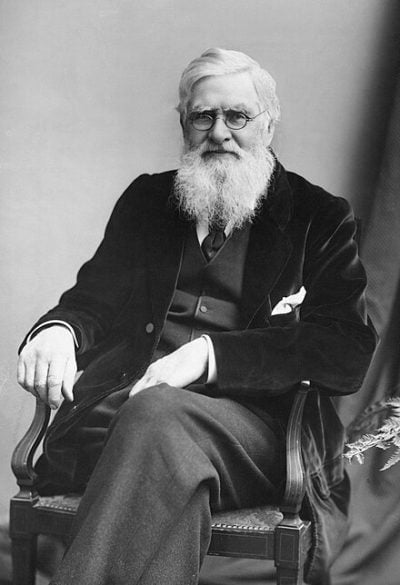
All Global Research articles can be read in 51 languages by activating the Translate Website button below the author’s name (only available in desktop version).
To receive Global Research’s Daily Newsletter (selected articles), click here.
Click the share button above to email/forward this article to your friends and colleagues. Follow us on Instagram and Twitter and subscribe to our Telegram Channel. Feel free to repost and share widely Global Research articles.
Global Research Wants to Hear From You!
***
The COVID States Program demonstrated ~25% of Americans resisted COVID-19 vaccination. I am constantly being reminded by family, friends, and patients what a relief it was to know declining vaccination was the right medical decision. I wondered if there were any historical parallels.
The smallpox vaccine was variously deployed by doctors in the 19th century using lymphatic fluid from animals or from arm to arm of humans. It could hot have been sterilized from bacteria such as staphylococci, streptococci, tetanus, syphilis, or viruses such as hepatitis B. The dose of cowpox virions could not have been measured or controlled. So there were obvious safety concerns such as fatal iatrogenic infections and great debate over whether the procedure worked at all.
In 2010, Thomas Weber portrayed Alfred Russel Wallace in the context of the public sentiment rising against the smallpox immunization campaign in Britain:
“Alfred Russel Wallace, eminent naturalist and co-discoverer of the principle of natural selection, was a major participant in the antivaccination campaigns in late 19th-century England. Wallace combined social reformism and quantitative arguments to undermine the claims of pro-vaccinationists and had a major impact on the debate. A brief account of Wallace’s background, his role in the campaign, and a summary of his quantitative arguments leads to the conclusion that it is unwarranted to portray Victorian antivaccination campaigners in general as irrational and anti-science. Public health policy can benefit from history, but the proper context of the evidence used should always be kept in mind.”
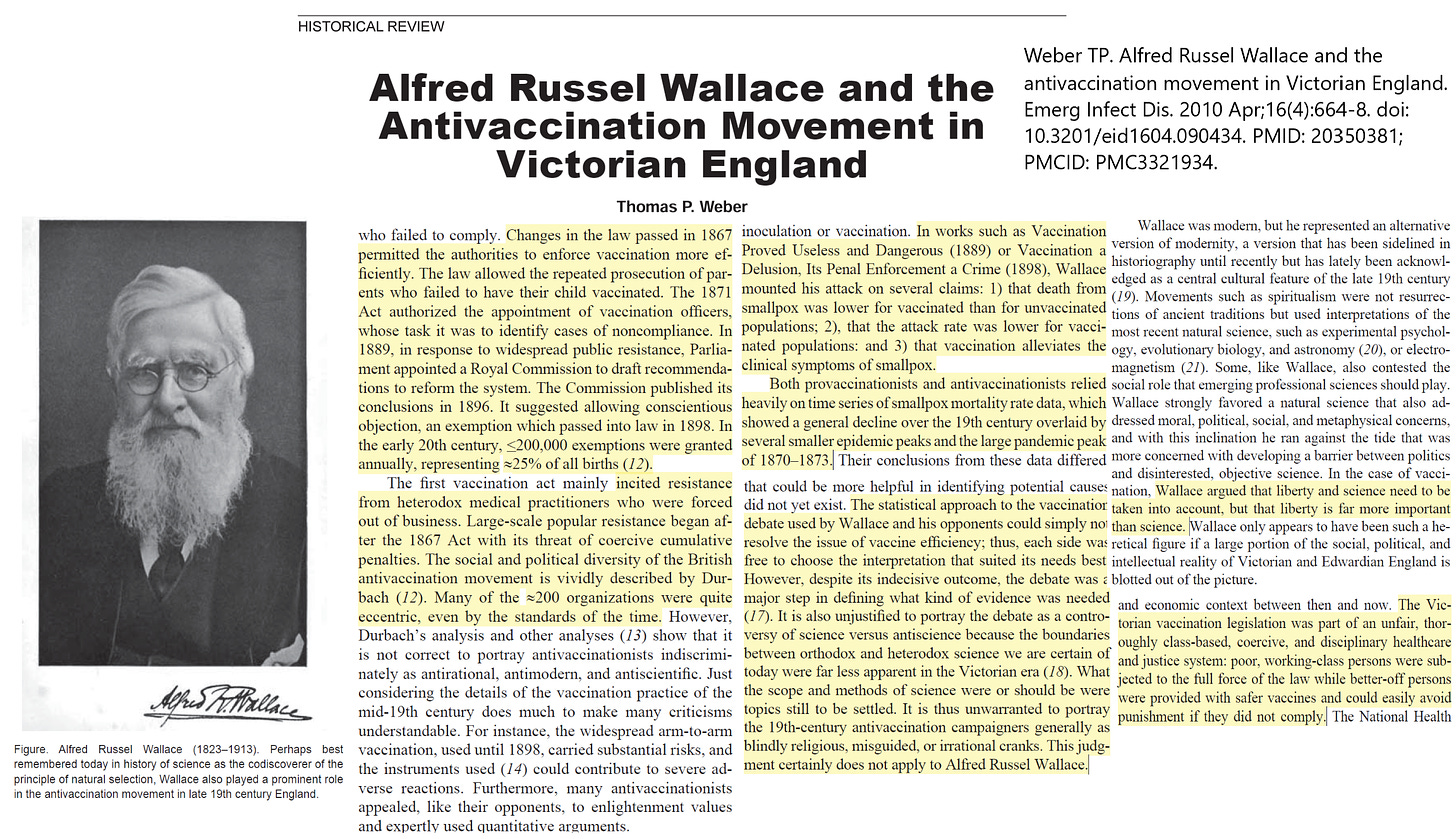
I found this article interesting because:
1) Wallace was an eminent scientist,
2) he and his family were vaccinated,
3) his arguments were based on statistics as described in his work Vaccination Proved Useless and Dangerous published in 1889,
4) by the early 1900’s about 25% of the public was refusing smallpox vaccination,
5) Weber concludes it was wrong to portray Victorian antivaccination campaigners as “anti-science.”
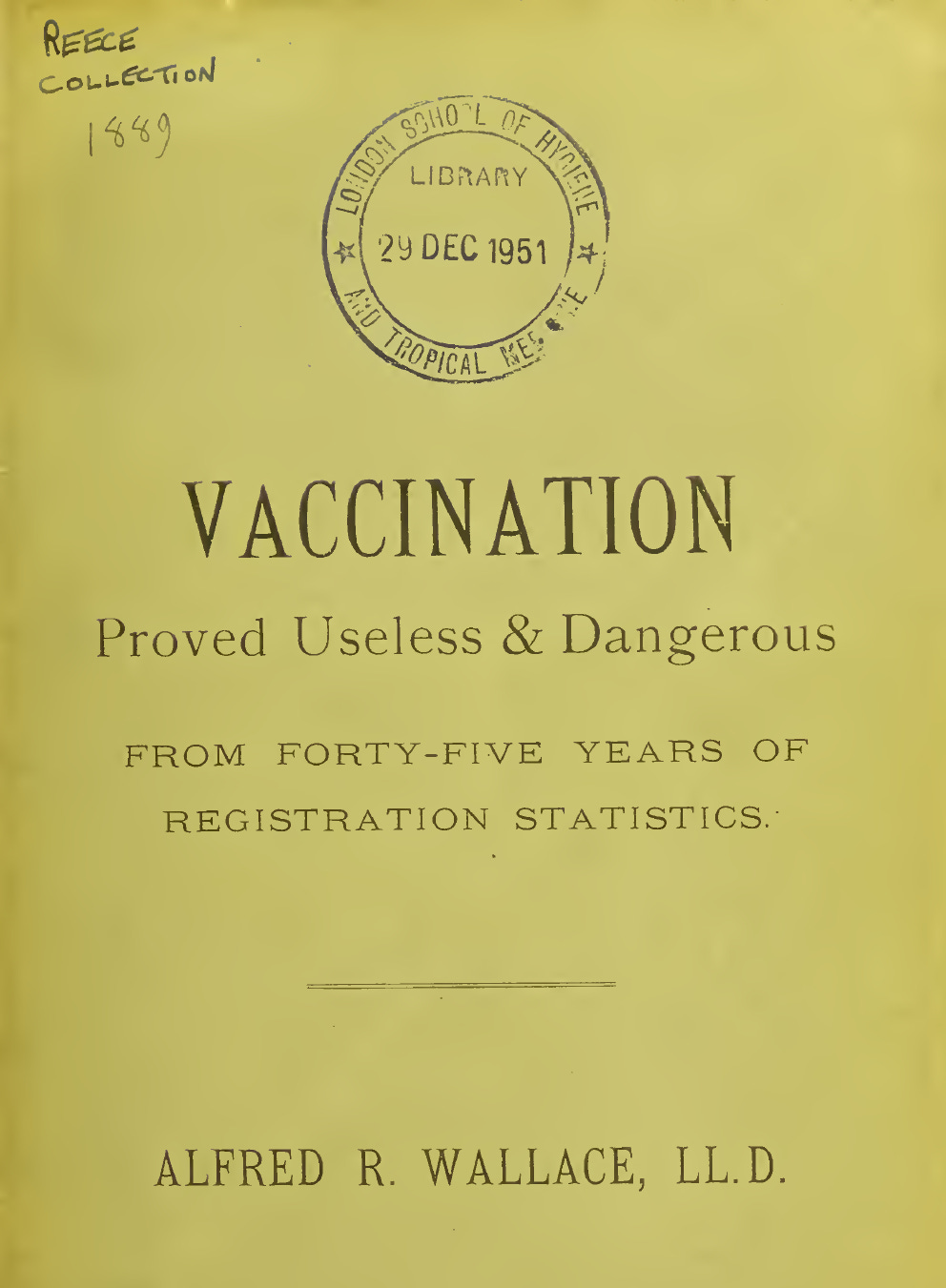
Why is the 25% refusal rate the same for both the early unsafe smallpox vaccinations and COVID-19 genetic injections? Why has “anti-science” resurfaced as a term in the context of modern vaccine ideology? Weaponization of the term may give us a clue from vaccine-promoter Dr. Peter Hotez who had biodefense grants for COVID-19 vaccines in 2015-16.
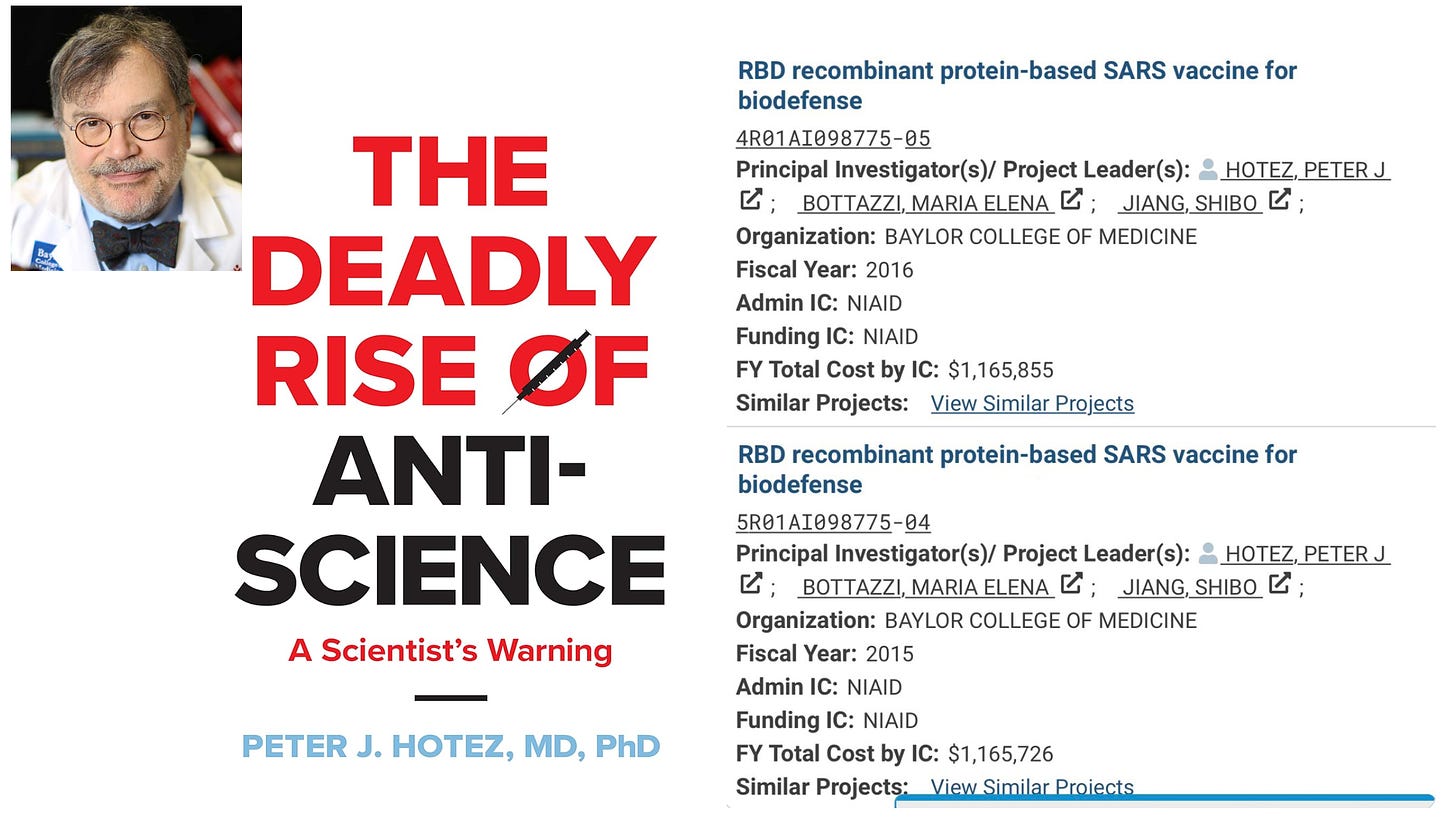
A 2024 paper by Paul et al obviously calling out Hotez, indicates “anti-science” is a disparaging term used to discredit someone with an opposing view, essentially a device of propaganda. Hotez appears to be is using it on offense to defend against his vulnerabilities as a co-conspirator in the US-Chinese creation of SARS-CoV-2 and possibly against a scientific awakening to the risks of the routine childhood vaccine schedule.
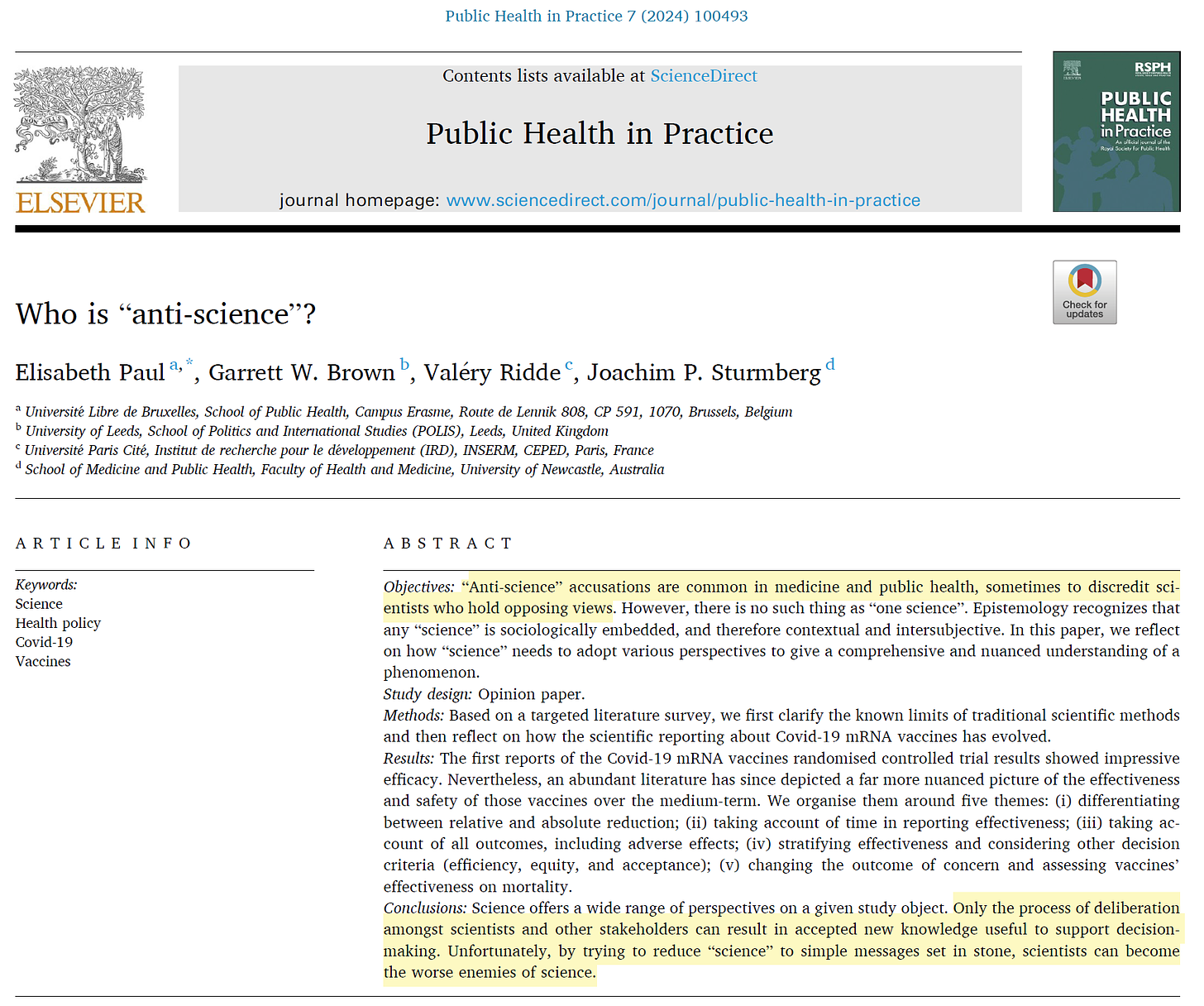
Paul E, Brown GW, Ridde V, Sturmberg JP. Who is “anti-science”? Public Health Pract (Oxf). 2024 Mar 29;7:100493. doi: 10.1016/j.puhip.2024.100493. PMID: 38601178; PMCID: PMC11004618.
*
Note to readers: Please click the share button above. Follow us on Instagram and Twitter and subscribe to our Telegram Channel. Feel free to repost and share widely Global Research articles.
Featured image is from the Public Domain

